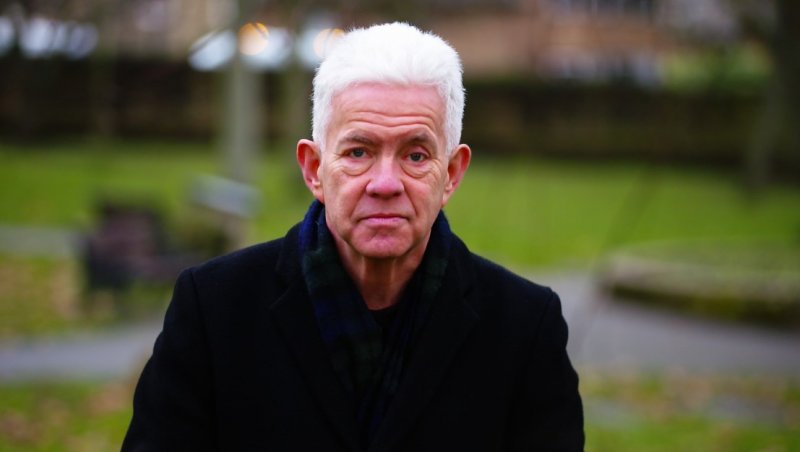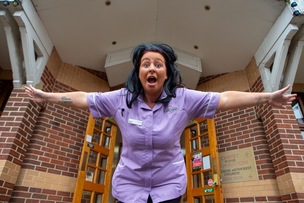THE number of ‘avoidable deaths’ in Barnsley is higher than the national average with deaths among men in particular among the highest in the country, analysis of national statistics reveals.
There were 1,727 deaths in Barnsley classed as ‘avoidable’ between 2014 and 2016, working out at a rate of 242.9 per 100,000 people.
That’s 13.6 per cent higher than the national average for England of 213.9.
When looking at men alone, the rate in Barnsley rises to 294.2 deaths per 100,000 people. The women’s rate is far lower at 192.9.
Avoidable deaths are classed as deaths under the age of 75 from causes that are considered avoidable in the presence of ‘timely and effective healthcare’ or ‘public health interventions’.
Analysis of the figures provided by the BBC show Barnsley’s figures are better than Doncaster and Rotherham, but worse than Sheffield and worse than the Yorkshire and Humber and average.
The figures show a greater likelihood of avoidable death in areas of above average deprivation.
Julia Burrows, Barnsley’s director of public health, said: “We know that a huge part of the burden of ill health is avoidable.
“Around a third of all deaths are classed as premature and they could have been prevented by lifestyle changes undertaken at an earlier time of life.
“To tackle this issue, Barnsley Council are leading public health prevention and early intervention measures such as reducing smoking and alcohol misuse, increasing physical activity, and encouraging healthy weight and healthy diet in the borough.
“Our measures have been selected for the impact they have in Barnsley on avoidable illness and early death, and the consequences both in terms of lost quality of life, lost economically productive years and pressure on health and social care services.
“By working with our local partners and communities we can help reduce the risk of people having their lives shortened by conditions such as heart disease, respiratory disease, cancer and diabetes.”
She said the latest annual figures on smoking showed smoking among adults had reduced from 20.6 per cent to 18.2 per cent.
“These results are very encouraging and represent the biggest drop we have seen in recent years and the biggest drop in South Yorkshire.
“Our reduction is larger than the average reduction in England and is an important step towards our vision to create a smoke-free generation in Barnsley but there is still work to do and reducing smoking remains one of our top priorities.
“We are working hard to try and de-normalise smoking with our ‘Make Smoking Invisible’ programme of work.
“We are creating smoke-free outdoor spaces across the borough including smoke-free play parks, smoke-free town centre zones and smoke-free schools.
“Alongside this we are ensuring there is a targeted focus on the wider determinants of health that shape our health behaviour often from early childhood.
“Achieving a healthy population requires greater action on all the factors we know make us healthy including good work, education, resources, our physical environment and social connections to help our residents live longer, healthier and happier lives.”





























